As the world’s sole “industry only” film festival, Cannes stands alone in that the first audiences to see each film are not a mix of industry and common-folk, but rather only those most privy to the ins and outs of the moviemaking machine. There are pros and cons to this: While Cannes is known to invite films from emerging talents or visionary auteurs, the viewers of those films have a different threshold for, and interest in, what they’re watching. If anything, it’s even more about business than entertainment. Of course, if you can’t get accredited to and afford to go—which, let’s face it, you probably can’t unless you have appropriate industry connections—New York’s Brooklyn Academy of Music (BAM) has the perfect antidote: Booed at Cannes, an inspired new repertory series running from today to May 23. As the title suggests, the intrepid programmers at BAMcinématek have chosen films that were famously booed by crowds at Cannes, films that were initially disliked by many “insiders” who saw them, usually when it was announced that they received one of the top awards. Many of the films in the series have become revered classics, their polarizing debut at the festival helping to contribute to their status in the film canon. A negative initial reception at Cannes has become a cinematic rite of passage of sorts for forward-thinking filmmakers.
Here are four choice selections from the BAM series:
Under the Sun of Satan | Maurice Pialat (1989)
Screened at Cannes: 1987, Palme d’Or winner.
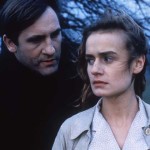
Booed Factor: Separate from its highly charged religious subject matter, the director’s style may have been what threw Cannes audiences off, as Pialat boldly and rather uncomfortably alternates between visceral supernatural moments and extended, dramatically static monologues. The stylistic whiplash takes some getting used to, but the effort is well worth it in the end.
The Voice of the Moon | Federico Fellini (1990)
Screened at Cannes: 1990
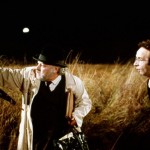
Booed Factor: It’s kind of crazy to think that Fellini had a new film screening in the ’90s, but the swan song from this incomparable master was uniformly unheralded upon its debut. Voice ventures farther intro abstraction and non-linearity than his previous efforts, but there’s nothing terribly unconventional here for anyone who is familiar with Fellini’s signature flourishes, as the crowds at Cannes surely were. In addition, seeing Benigni in this pre-Life is Beautiful role, it makes perfect sense why Fellini would cast him—the actor’s childlike impishness matches perfectly with the director’s deceptively lighthearted quest for meaning.
L’Argent | Robert Bresson (1984)
Screened at Cannes: 1983, Best Director winner.
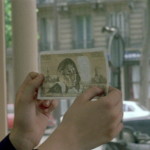
Booed Factor: Though his increasingly austere stylings never proved to be all that divisive throughout his career, Bresson nevertheless was booed at Cannes when he tied with Andrei Tarkovsky for the Best Director prize in 1983. Really, though, L’Argent doesn’t offer anything radically different from Bresson’s previous work. Like his earlier efforts, the film uses non-actors directed with uniform dourness in order to instruct the viewer on an important social lesson—here, lying. The film is now generally heralded as the final masterpiece from one of cinema’s great visionaries.
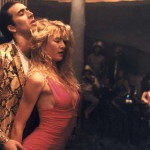


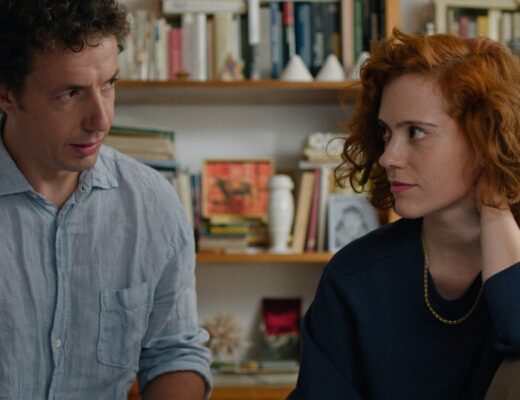

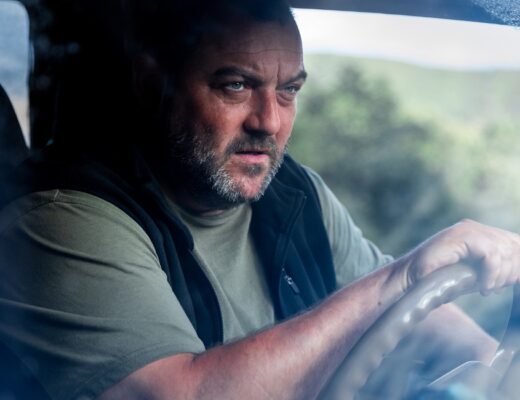



No Comments